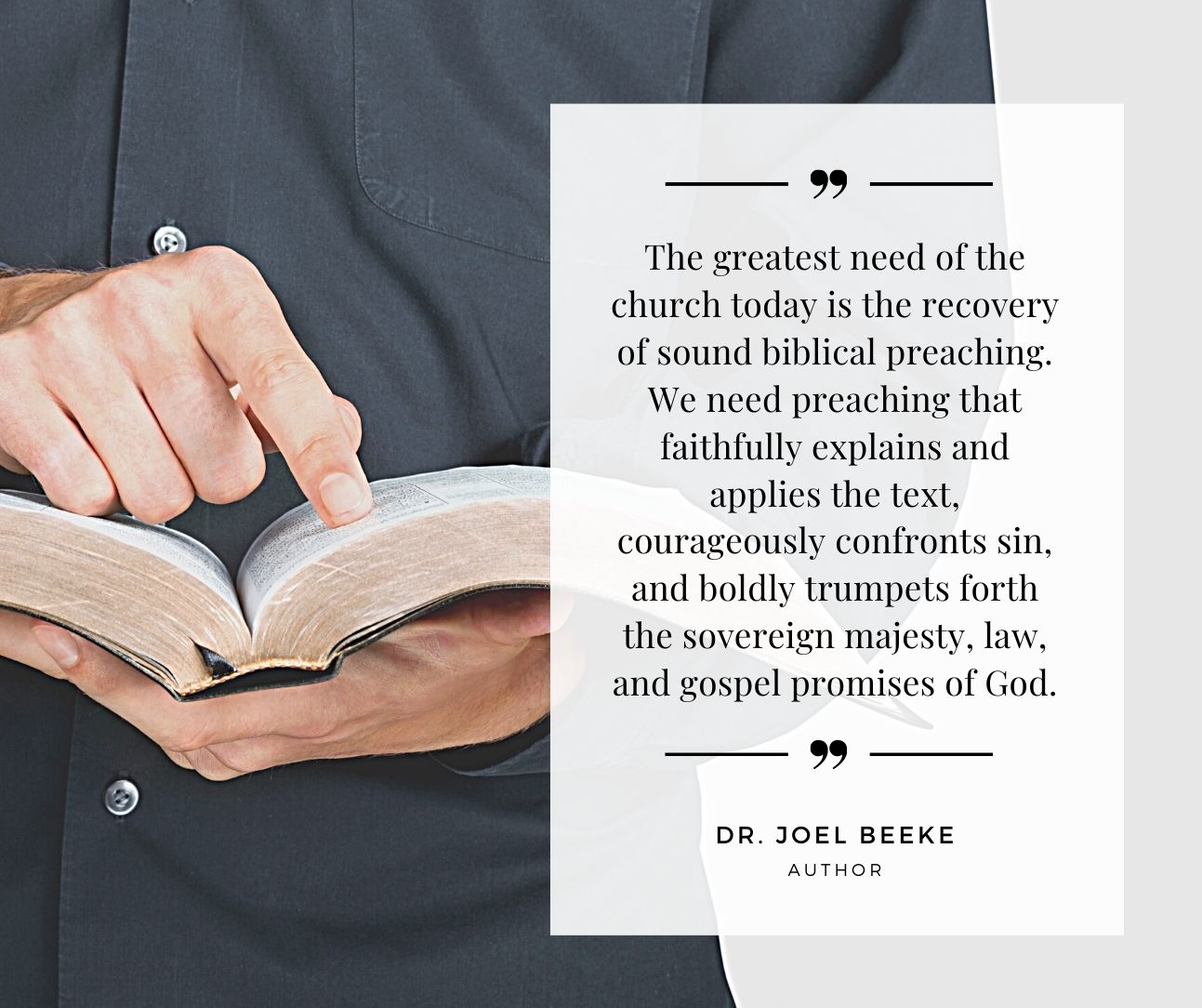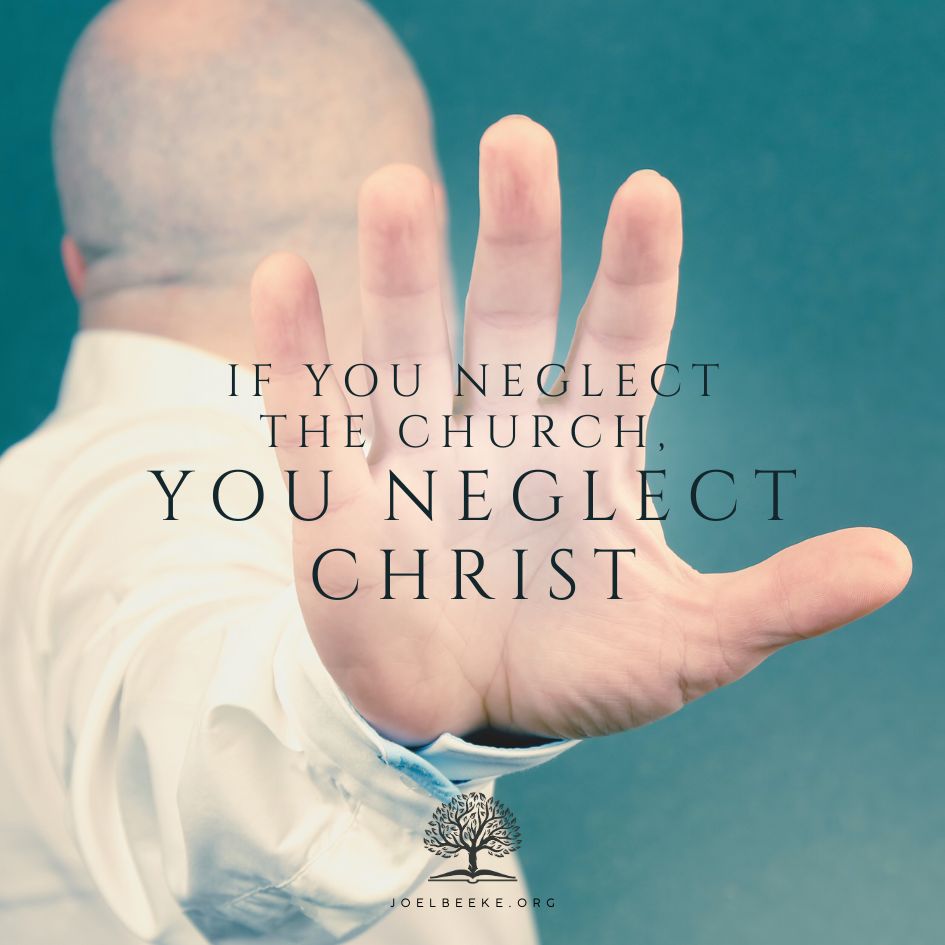
The greatest need of the church today is the recovery of sound biblical preaching. We need preaching that faithfully explains and applies the text, courageously confronts sin, and boldly trumpets forth the sovereign majesty, law, and gospel promises of God.
This type of powerful proclamation has vanished in many quarters of the evangelical church only to be replaced by that which is anemic and man-centered. Instead of doctrinally rich exposition which strengthens faith and fosters Christian maturity, the standard fare has become informal, chatty, anecdote-laden massages, devoid of instruction in the truths of the Christian faith. This approach leaves unbelievers confused, and keeps believers in a state of chronic spiritual adolescence.
There is indeed a dire need for the recovery of solid biblical preaching. Not only does reformation of this sort lead Christ’s sheep back to the verdant pastures of His soul-nourishing Word, it also provides a good example for present and future generations of ministers. For this reason, we are pleased to introduce The Lectio Continua Expository Commentary on the New Testament, a new series of expository commentaries authored by an array of seasoned pastor-scholars from various Reformed denominations on both sides of the Atlantic.
What is the lectio continua method of preaching?
It is simply the uninterrupted, systematic, expository proclamation of God’s Word—verse by verse, chapter by chapter, book by book—that endeavors to deliver the whole counsel of God (Acts 20:26–27). Christian discipleship is impoverished when large portions of Scripture are ignored. Carried out faithfully, the lectio continua method ensures that every passage is mined for its riches (even those verses which are obscure, controversial, or hard to swallow). Paul states that “all scripture is given by inspiration of God, and is profitable for doctrine, for reproof, for correction, for instruction in righteousness: that the man of God may be perfect, thoroughly furnished unto all good works” (2 Tim. 3:16–17).







